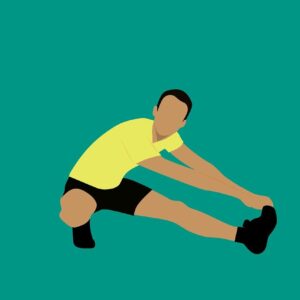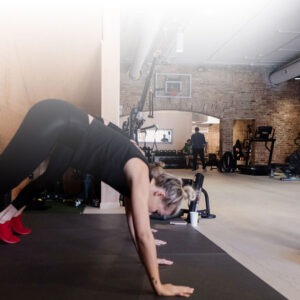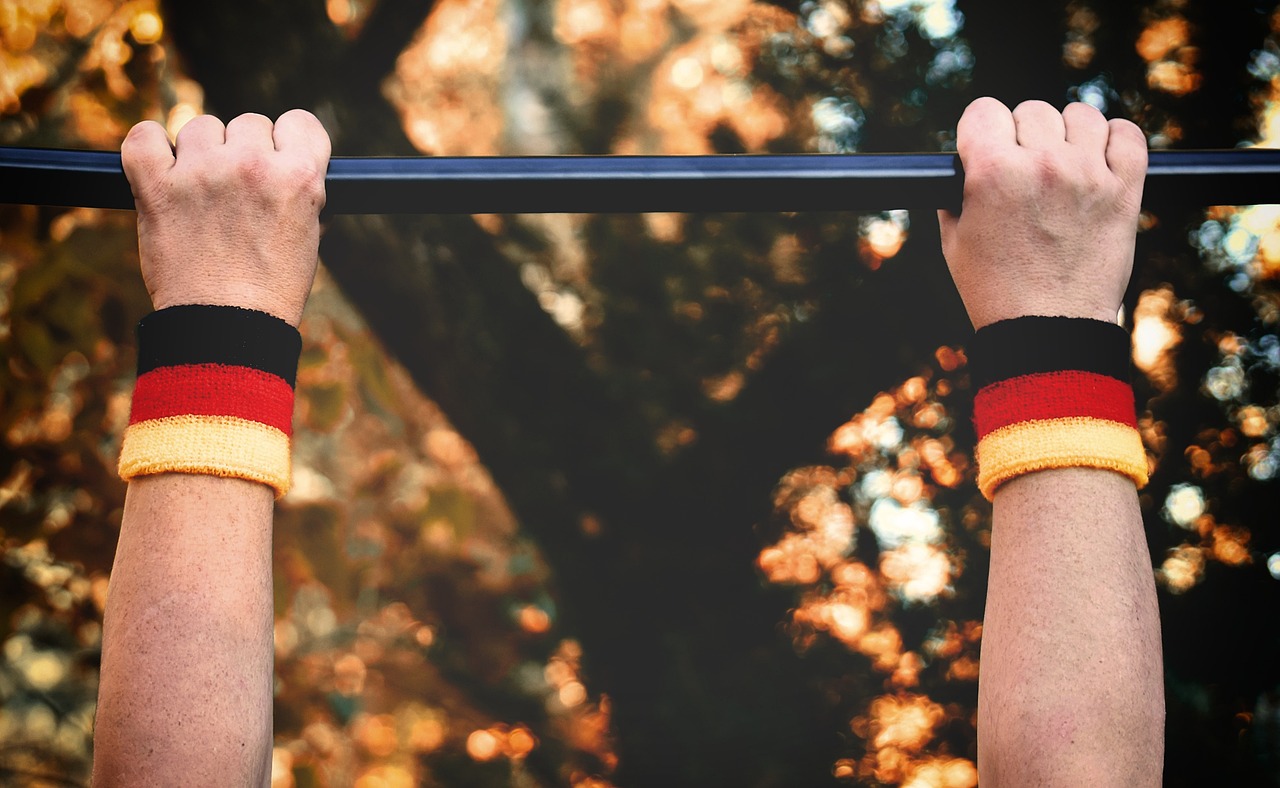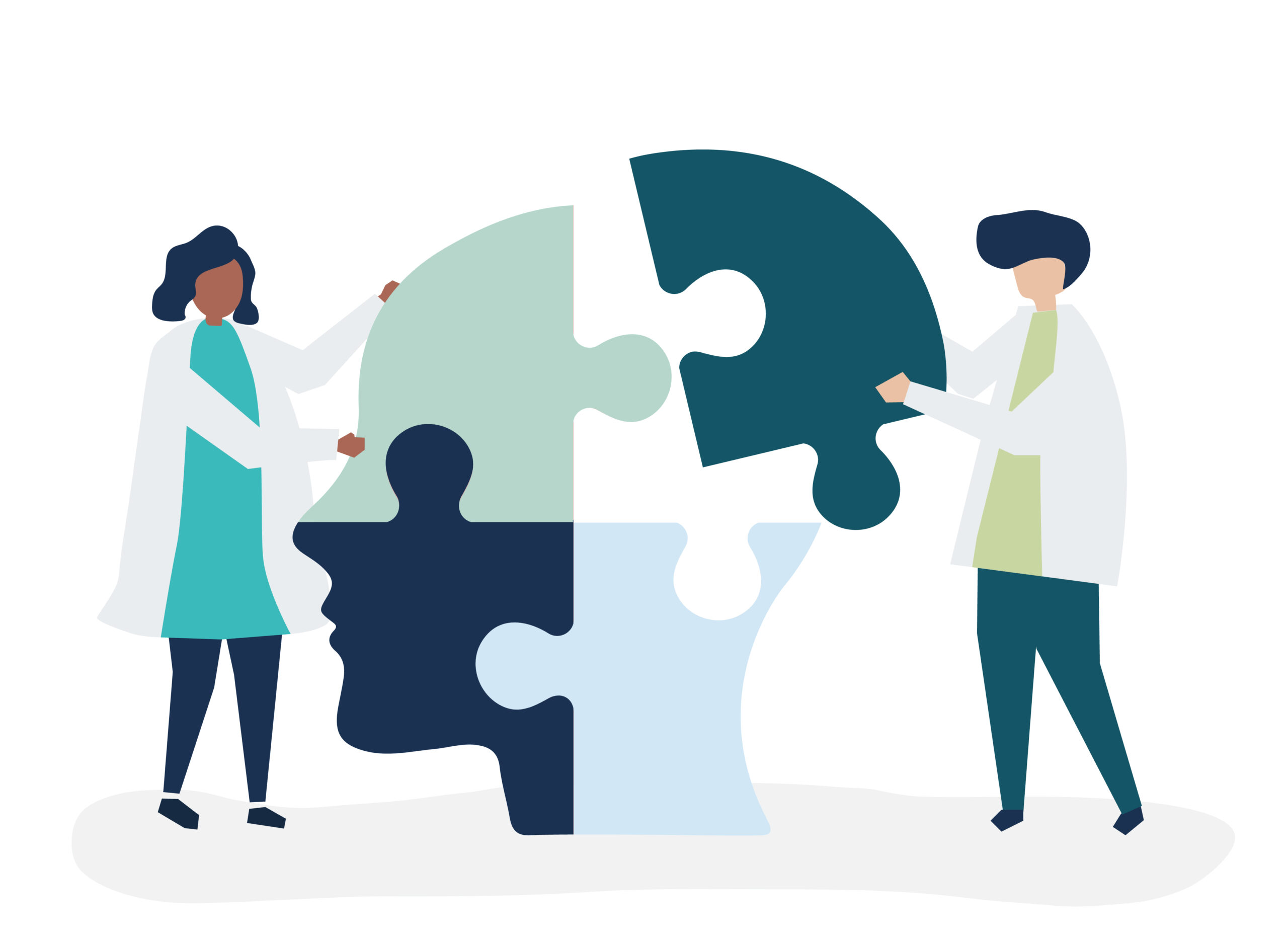
Do you have an interest in living a long high quality of life? If not, you can stop here. I’m going to get into the weeds a bit and try to produce a few test that could help you with any voids you may currently have. Clean up these voids and you might just make your future less painful, literally and figuratively.
![]()

There’s no shortage of fitness tests out there. Some are great for their specific outcome but many aren’t needed when it comes to a long healthspan. Yes, part of longevity is going to be a healthy diet and keeping your blood panels in check, but we’re going to look at the physical exercises today. The food component is tirelessly debated, but if you want to start I’d suggest increasing your fruits and vegetables and prioritizing your sleep.
Do you resistance train?
Do you train your cardiovascular system?
Would you consider your mobility to be up to par?
How about your power/quickness/reaction speed?
I think many people would like to be healthier and live a longer and higher quality of life, but aren’t sure what to do. It’s pretty confusing out there and many people’s advice is inaccurate or completely dangerous for people to do.
I think Peter Attia has good intentions with trying to dilute a very complex problem down to digestible and actionable solutions. You don’t have to like or believe everything he says, but he is at least a practicing physician and puts his money where his mouth is with doing these tests/exercises with his patients and himself.


Here’s a little list I use with my clients. We try to initially see where they are and how we can as safely and effectively get them to the standards.
Dead Hang 90 seconds
Broad Jump their height
Farmers Carry their body weight for 2 minutes
Air Squat hold for 2 minutes
Deadlift their bodyweight 10 consecutive reps
Sitting-Rising test https://www.youtube.com/watch?v=ihj1DJObXv8
Every 8-12 weeks we try to incorporate testing these which in return helps us audit our program where needed. How do we manage what we’re not measuring?
Attia has the lens that you might be best served to train like you are 10 years younger. I’m 40 so I’d want to do things my 30 year old self would be capable of. So then when I’m 60 I put myself in a better position to feel a decade younger. With a nutrition audit this should also help me in theory too.
We drink less alcohol in our house since turning 40. The short term buzz is less and less enjoyable compared to an amazing night’s sleep.
We’re lifting more consistently and heavier too. Having these tests are great standards to hold ourselves to a higher bar and accountability. Otherwise most of us would continue to do the exercises we’re good at and not challenge ourselves outside of that box . #humans
Exercise can have a significant impact on longevity and overall health. Regular physical activity has been associated with a variety of health benefits that can contribute to a longer and healthier lifespan. Here are some of the ways in which exercise and longevity are connected:
- Improved cardiovascular health: Regular exercise helps to strengthen the heart and improve cardiovascular function. It can reduce the risk of heart disease, high blood pressure, and stroke, which are all factors that can shorten lifespan.
- Weight management: Exercise can help with weight loss and weight maintenance. Obesity is a risk factor for numerous health conditions, including diabetes, certain cancers, and heart disease. By controlling weight through exercise, one can reduce the risk of these conditions.
- Enhanced metabolic health: Exercise can improve insulin sensitivity, which is important for regulating blood sugar levels. This can help prevent or manage type 2 diabetes, a condition that can affect longevity.
- Stronger bones and muscles: Regular exercise, particularly weight-bearing and resistance training, can help maintain bone density and muscle mass as you age. This can reduce the risk of fractures and functional decline in older adults.
- Reduced risk of chronic diseases: Regular physical activity has been linked to a lower risk of chronic diseases, including certain types of cancer, osteoporosis, and neurodegenerative conditions like Alzheimer’s disease.
- Improved mental health: Exercise is associated with reduced risk of depression and anxiety. Good mental health is an important component of overall well-being and longevity.
- Enhanced immune function: Exercise can boost the immune system, making it more effective at fighting off infections and illnesses.
- Better quality of life: Regular exercise can enhance one’s overall quality of life by increasing energy levels, promoting better sleep, and reducing stress.
It’s important to note that the type and intensity of exercise can vary based on an individual’s age, fitness level, and health conditions. It’s always a good idea to consult with a healthcare provider before starting a new exercise program, especially if you have underlying health concerns.
In summary, regular exercise is a key component of a healthy lifestyle and can contribute to a longer and more fulfilling life by reducing the risk of chronic diseases, improving overall health, and enhancing quality of life.
To get better at those tests would require a whole other blog, but there are some basics to get started.
Assuming you have no shoulder pathology or severely limited range of motion issues you could start with the dead hang today. Set the timer, wrap your hands around the pull up bar and lift those feet from the ground. Good luck!
Also assuming no lower body pathology you could also do the air squat test. Arms out in front of you in the air, 90 degree squat and set the timer for 2 minutes.
For many this may be all they can test for a few months. That’s ok because it’s better than what you were testing.
Through weekly exposure to squatting, lunging, and grip work you will watch your body get stronger, your heart get healthier and maybe see a few other areas improve without even focusing on them.
Keep in mind these standards aren’t designed to make you an athlete, it’s our best educated guess at helping people live a high quality longer life. Why let those last few years be miserable with disease and pain when we have some control over aspects.
Modern world has us sitting down a lot with long commutes, desk work and very little manual labor. Even if someone goes to the gym they may not be doing diverse exercises challenging all these areas. The test help keep us honest.
The sitting-rising test people could also try initially. For me it is the hardest by far out of them all. I have some work to do as I lose points on the way up currently. For me it’s a hip mobility issue and there’s no surprise there as I need to prioritize it a bit more. This is what these tests should expose, which are weaknesses so you can then decide what to do to better those areas.

Otherwise life will do it for you and that typically isn’t a great plan. It results in injuries, setbacks, health decline and virtually no positives.
Be proactive and not just yourself will become healthier, but people in your life may just become motivated by your journey. Who you hang out with and surround yourself with will greatly influence what you achieve in life.
Choose wisely.
In Health
-Your Coach, Matt




